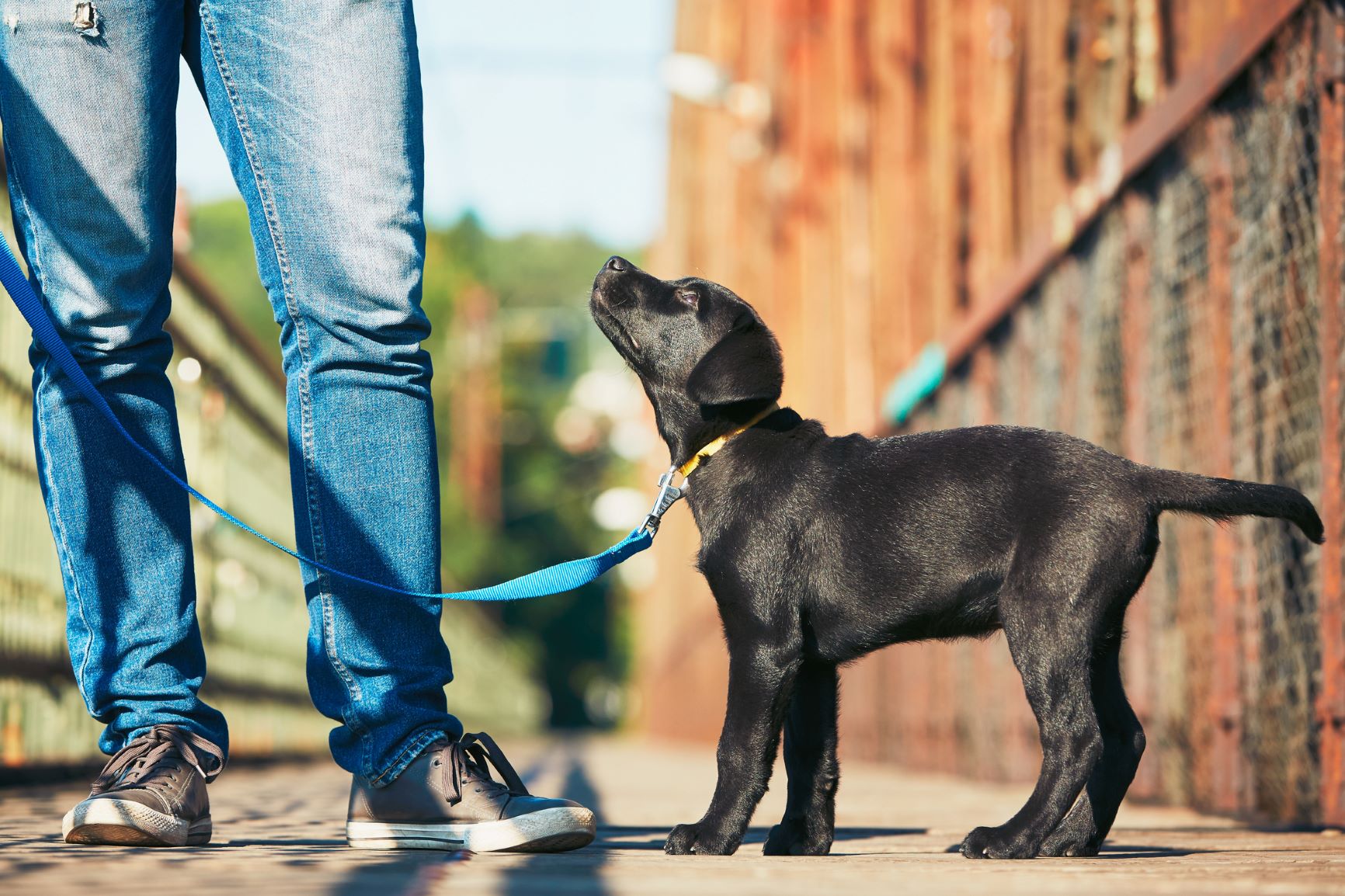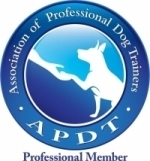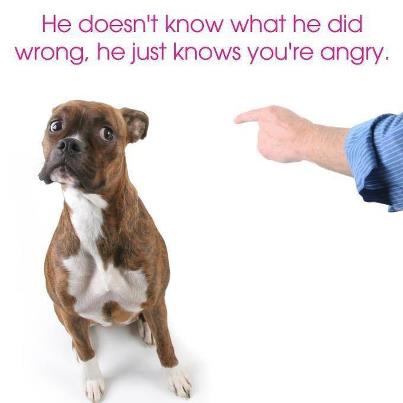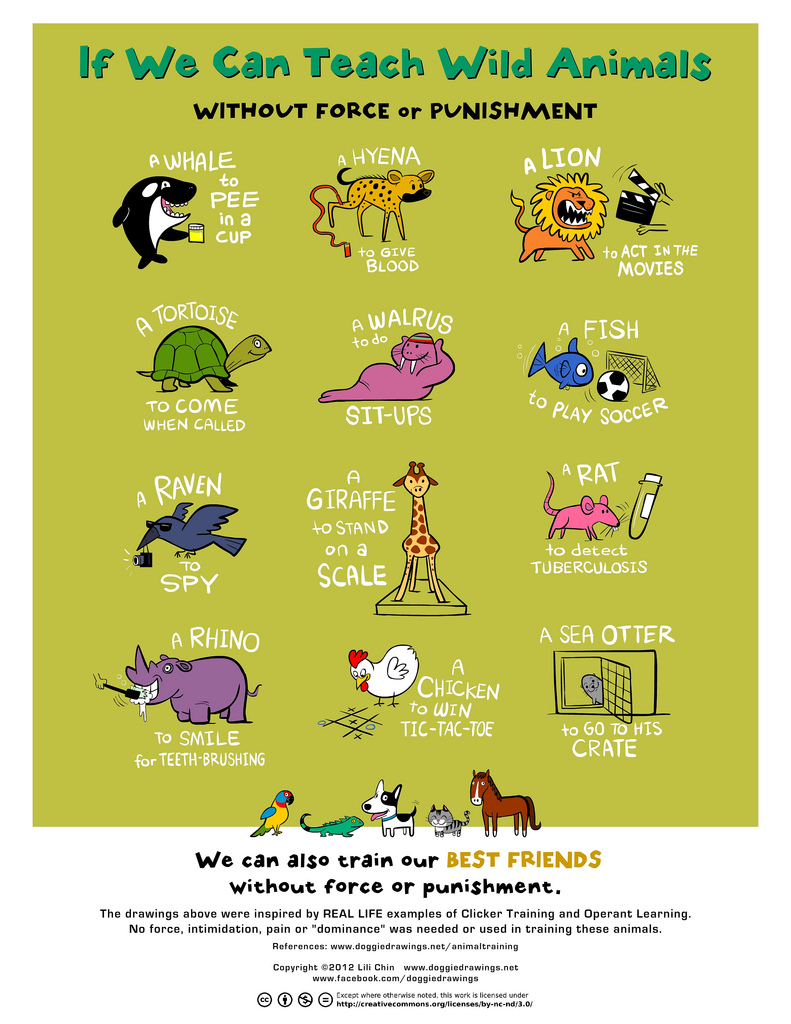Puppy and Dog Training Brisbane - we can help you to have an ideal dog

Do you wish your puppy or your adult dog listened to you bettter? Is he or she driving you crazy? Are you ever embarrassed by his or her behaviour?
Good dog training minimizes confusion, eliminates fear and promotes confidence in our dogs that they will make the right choices. All it takes is for us to take some time to consider how we want our dogs to fit into our lives and then to find a method of teaching them what we would like them to do.
We can help you to become a knowledgeable and stress-free owner with a relaxed, well-trained and safe dog that you will enjoy taking for walks and gets along well with people and other dogs.
Would you like to change any of your dog's current behaviours:
|
|
Would you like your dog to always:
- Respond immediately to your 'commands'?
- Greet people and other dogs politely?
- Be calm and well mannered?
- Walk nicely on a loose lead and not lunge and plunge at other dogs?
Would you like to know how to:
- Understand how to train, what to train and when to train?
- Have your dog behave safely around your children, and vice versa?
- Correctly introduce a new dog to existing family pets?
We will assist you with:
- Private lessons: one-to-one tuition
- In-home assessments: long term solutions
- Structured lessons by experienced, qualified instructors
- Weekly training plans
- Recommended reading
- Manuals, training aids, video and book loans
With positive reinforcement methods that use a marker signal (a training aid such as a clicker or a dolphin trainer's whistle) all dogs, puppies to senior citizens, can unlearn any bad behaviours and quickly replace them with good ones. And they all greatly enjoy doing so
Your results will be:
- Cooperation - not compulsion
- Love- not subservience
- Enthusiasm- not stress
- Authority - not domination
- Respect- not fear
To discuss how we can help you with your dog, please call us on 0468 990 050 or This email address is being protected from spambots. You need JavaScript enabled to view it.
Easy, Effective and Enjoyable Training Methods

Being an effective communicator is essential to being a good dog owner/trainer. If your puppy or your dog fails to respond first time to your instructions, whether in the kitchen or at the park, ask yourself three questions:
* Did he actually HEAR my word or SEE my hand signal?
* Did he UNDERSTAND what it meant?
* Was there adequate MOTIVATION?
Unless your answer is always ‘YES’ to all three then any specific behaviour you want from your dog simply won’t happen until you acquire good communication and teaching skills. Our experienced, well qualified and friendly coach-instructors will help you do this - and much more.
We use modern training techniques are effective and enjoyable at both ends of the lead. They will assist you to quickly have an obedient, calm and well behaved dog that trusts you and is welcomed wherever he goes. He will understand what you are saying and soon WANT to do immediately what you ASK him to do.
Our responsibility as dog owners, whether of a new eight week old puppy or a recently arrived adult rescue dog is to teach him what our hand signals or our words mean so that he can 'sit', 'drop', 'stay', 'come', 'leave', 'heel' etc. first time. If educated gradually, patiently and methodically he will soon learn to do so, happily and willingly. He will also do so whenever and wherever requested and whatever the level of distraction.
Expecting a new puppy to be a mind reader and instantly understand English is as unrealistic as expecting him to understand Chinese. To become frustrated when he doesn't 'obey' and to repeat commands louder and more sternly hoping that he will comply is unreasonable. To then reprimand a puppy, whose only crime is not understanding, with a verbal or physical correction is clearly very unfair.
Intentionally or unintentionally we are all informally training our dogs 24 hours a day, simply by the way we interact and communicate with them. They either learn by themselves to do undesired things, like jumping to greet visitors, or we are proactive and teach good things first, like sitting on a mat when the doorbell rings. Many puppies soon become out of control adolescents. The reason is simply because, even if they are aware of the need for training, their humans are blissfully unaware HOW properly to teach them good behaviours in the first place.

As owner/trainers we can teach new behaviours by saying, in English or any other language, a 'command' word first. When the puppy initially fails to understand then pushing at one end of the body or pulling his collar gets him into the right position. Even though the process is not much fun for the puppy this physical approach undoubtedly works: most dogs will quickly learn the meaning of a limited number of words like 'sit' or 'drop' and will perform a few basic behaviours in the kitchen for a few seconds. Usually they do so with reluctance and unreliably and for a short time only, especially if there is something more interesting going on around them.
Instead of getting frustrated and pushing and pulling C.L.E.A.R Dog Training will help you to acquire the techniques to influence what happens inside your puppy's or your dog's head, without the use of any compulsion at any stage of the learning process. A large repertoire of simple behaviours, as well as a wide range of complex ones will soon be performed - voluntarily, reliably and promptly.
 Training methods based on the scientific laws of learning are like the laws of gravity and always work. Unlike older punishment-based animal training methods, such as in horse 'breaking', they involve no psychological or physical pressure, force or pain - however mild.
Training methods based on the scientific laws of learning are like the laws of gravity and always work. Unlike older punishment-based animal training methods, such as in horse 'breaking', they involve no psychological or physical pressure, force or pain - however mild.
Your dog too should be able to choose and decide for himself which choice of alternative behaviours is the right one to offer. Instead of being fearful to experiment, and run the risk of being immediately 'corrected' for a 'mistake', he should be encouraged to use his initiative and see what works to his advantage. Through trial and error, without the possibility of unpleasant consequences, he will become a willing and involved learner who learns quickly and joyously.
Provided you have the necessary knowledge and skills, which we will show you how to acquire, and provided everybody else in your house is consistent your dog will quickly understand your communication and what you want him to do. He will do so because he WANTS to and not because he HAS to!
There is no question that both traditional and modern training methods work and are therefore 'successful'. The difference is in the approach and philosophy to teaching as well as the speed and enjoyment of the training process - at both ends of the lead. With the newer techniques there is a different mindset and even a change in the trainer's vocabulary whereby 'command' and 'obedience' become 'cue' and 'good manners', and 'correct' and 'dominate' change to 'show' and 'motivate'.
Naturally it is every owner's choice as to which way he or she would prefer to teach. From your puppy's or your dog's point of view, however, there is no doubt as to which way he or she would much prefer to learn!

[This drawing is used with the permission of the artist, Lili Chin. She was inspired by real life examples of positive reinforcement training methods, combined with the use of a marker signal, in many species other than dogs.]
If you would like our assistance teaching your puppy or your adult dog in the same way please ring us now on 0468 990 050 to arrange a convenient time Monday - Sunday 7 a.m - 6 p.m.


